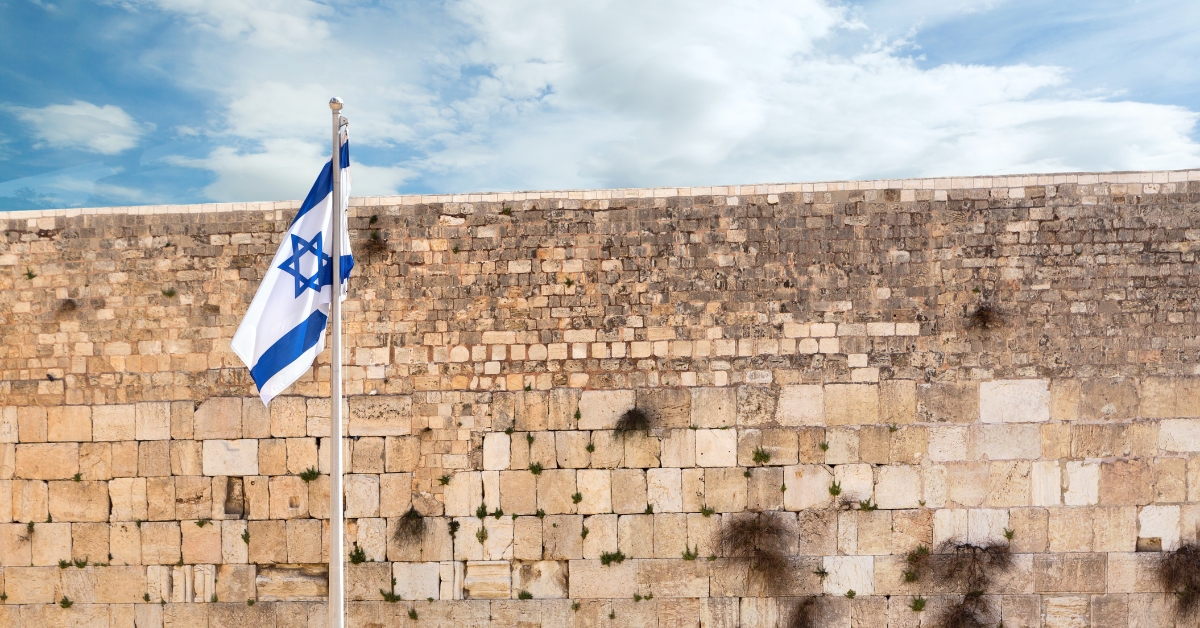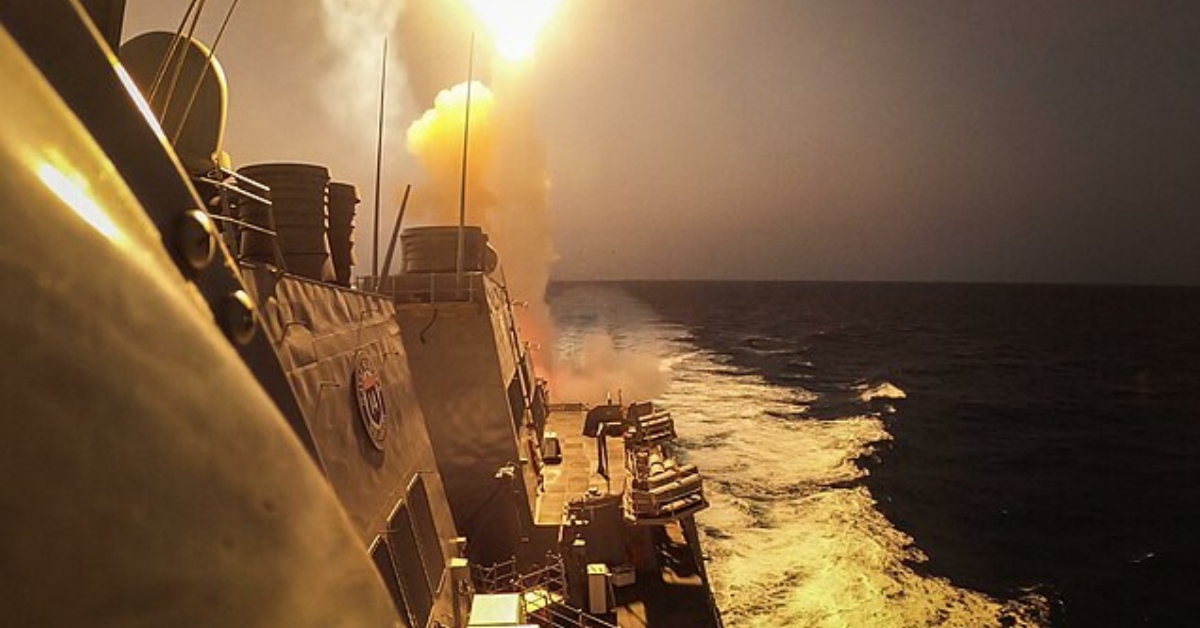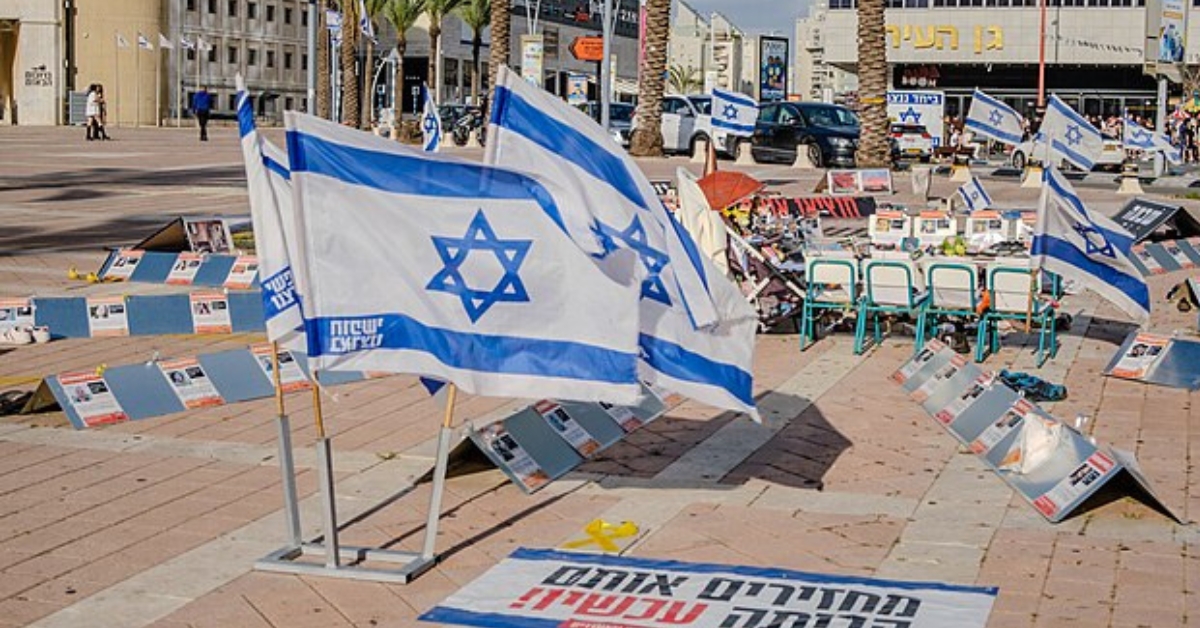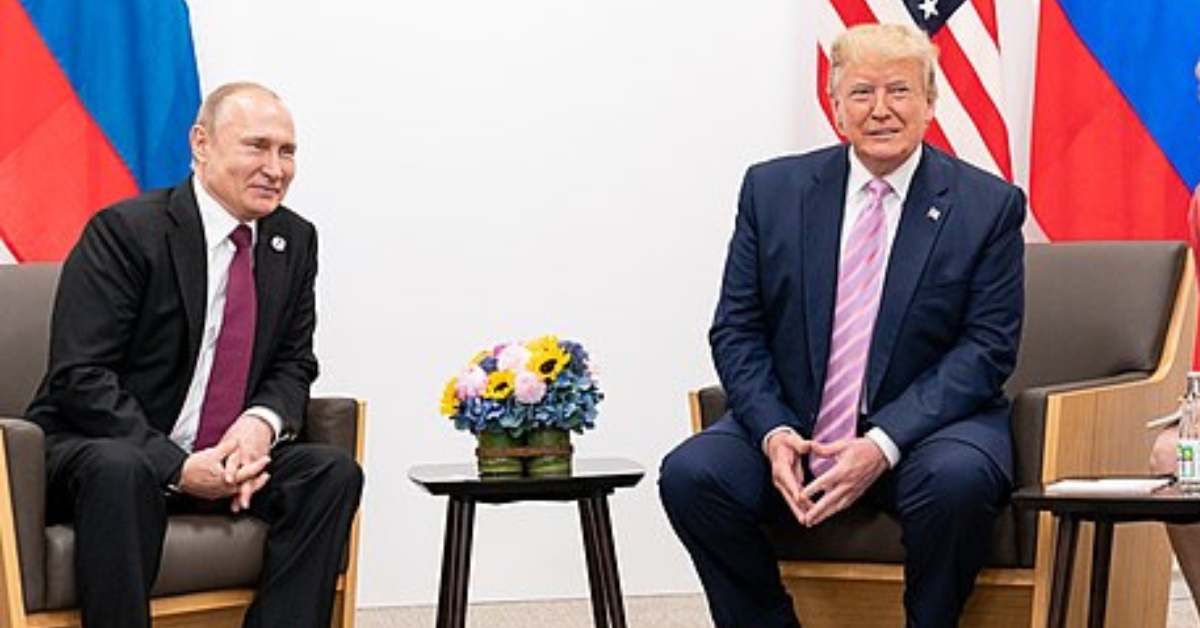
Hezbollah Launches Rocket Attack on Central Israel, Tel Aviv
In recent events, Hezbollah has proven its disturbing capability to strike deep within Israeli territory, launching rockets toward central Israel, including areas near Ben Gurion Airport. Despite the Israeli military’s intensified efforts in southern Lebanon, Hezbollah’s persistence highlights a glaring issue: the group maintains significant operational capacity to disrupt Israeli life and challenge its security apparatus.
The Israel Defense Forces (IDF) intercepted most of the 10 morning projectiles, but the debris affected local areas, fortunately without causing injuries. The afternoon saw more of the same, with sirens heralding another intercept near Tel Aviv. These incidents caused not just local panic but also operational disruptions at the airport, though it remained functional.
This is not mere random violence; it’s a calculated part of Hezbollah‘s strategy to spread fear and chaos, exploiting the mobility and surprise element of rocket attacks. The group’s relentless strikes underscore a clear message: they can reach almost anywhere in Israel.
On a broader scale, the IDF’s ongoing operations in Syria, targeting Hezbollah weapon depots near the Lebanese border, signify Israel’s strategic approach to cripple Hezbollah’s military capabilities indirectly. However, these measures also underscore the complex, multi-front nature of the threats Israel faces, where Hezbollah can operate with relative freedom within Syria’s chaos.
Moreover, the discovery and destruction of Hezbollah’s underground infrastructure in southern Lebanon reveal a grim reality of a well-entrenched enemy. These tunnels, equipped for extended stays and armed with weapons, highlight the sophistication and depth of Hezbollah’s military strategy. It’s a war of attrition, where every underground passage destroyed represents a temporary setback to Hezbollah’s plans but hardly an end to the threat.
In response to these ongoing security challenges, the re-election of Donald Trump as President of the United States could signify a resurgence of strong U.S.-Israel ties, with potential increases in military aid and diplomatic backing at international forums. Trump’s administration has historically aligned closely with Israeli security concerns, particularly regarding Iran and its proxies, like Hezbollah.
As Israel continues its relentless pursuit of security stability, the international community watches closely. The outcomes of these conflicts will shape not just regional but global strategies on combating terrorism and balancing the intricate mosaic of Middle Eastern politics.














